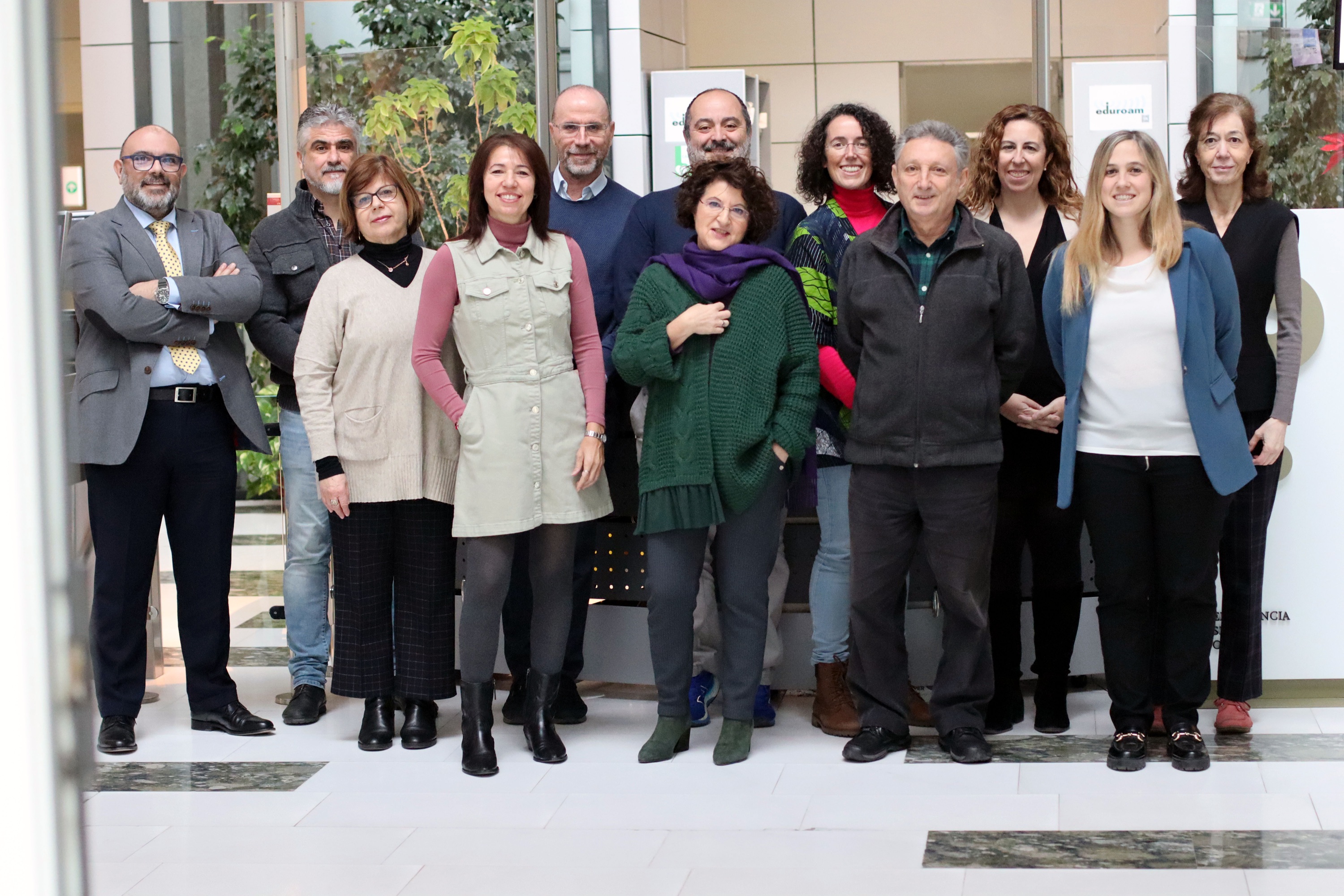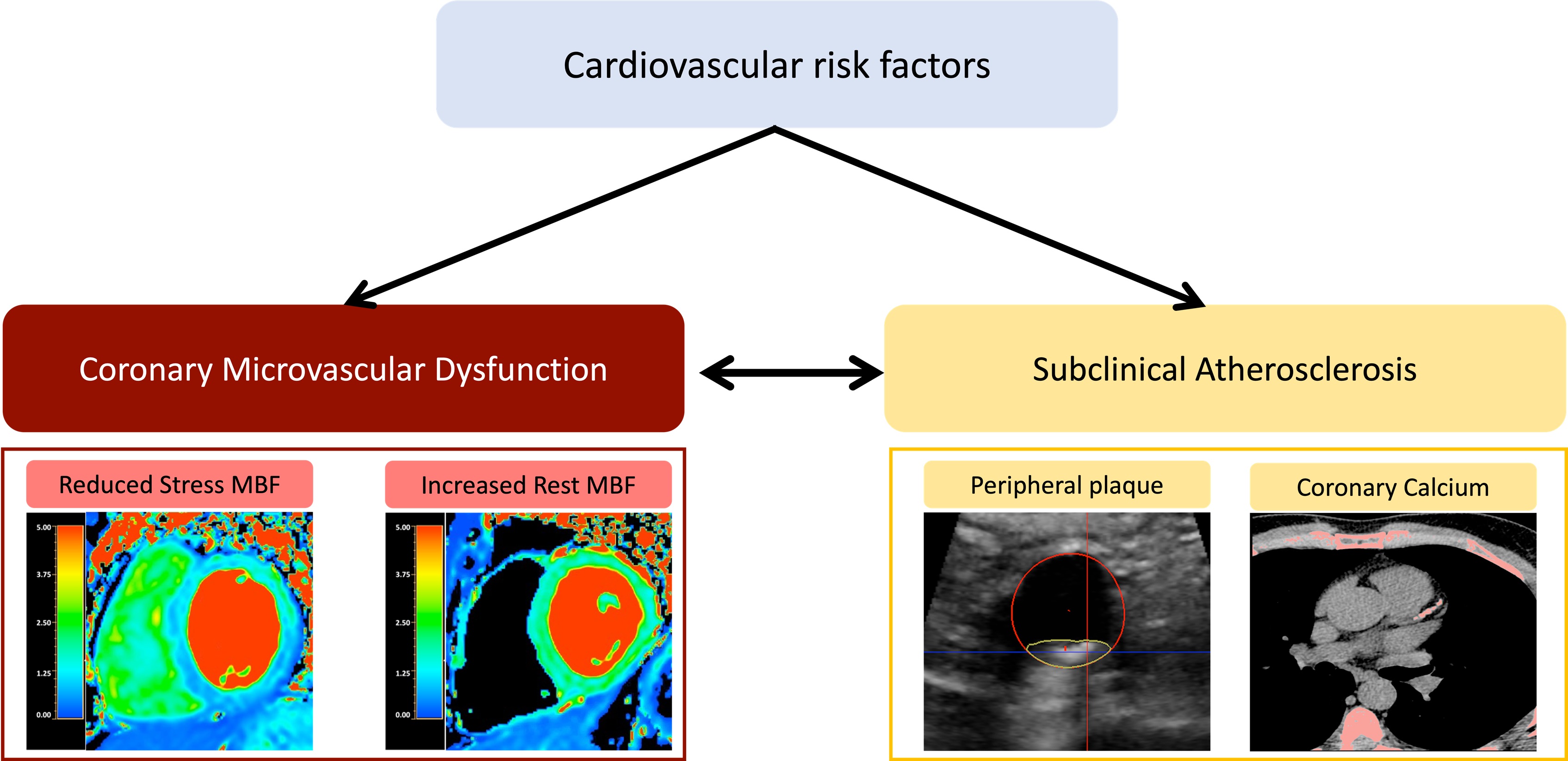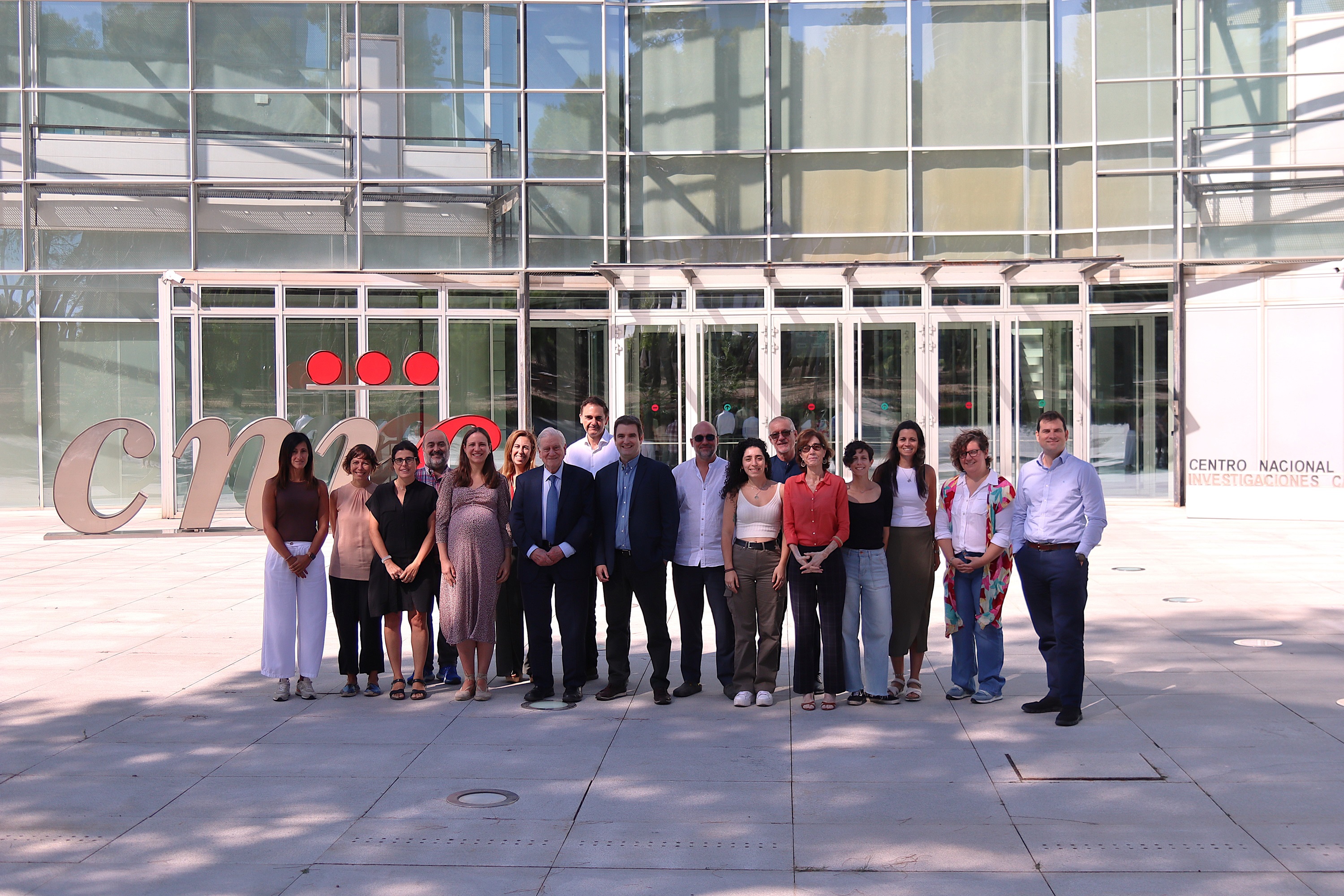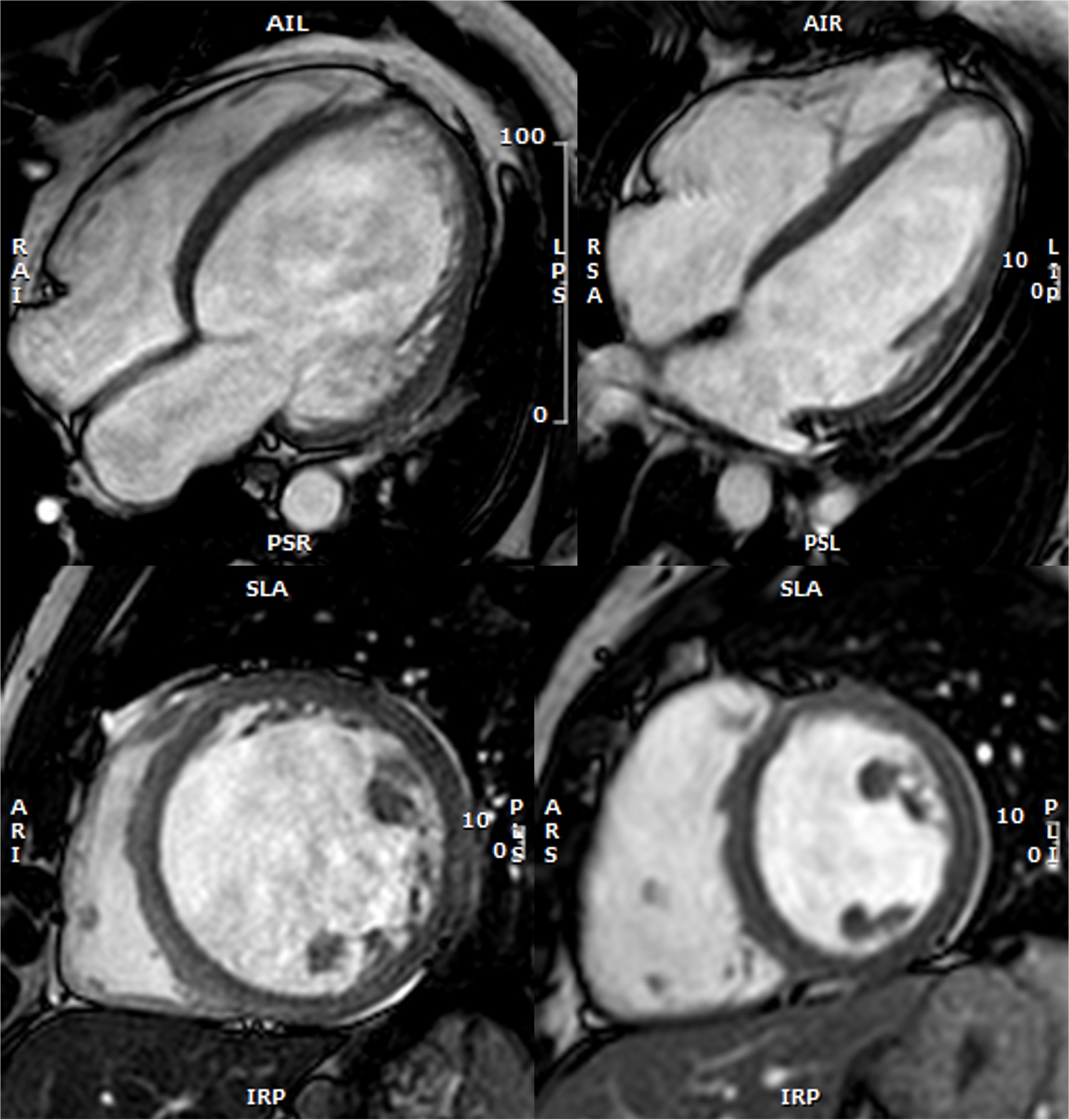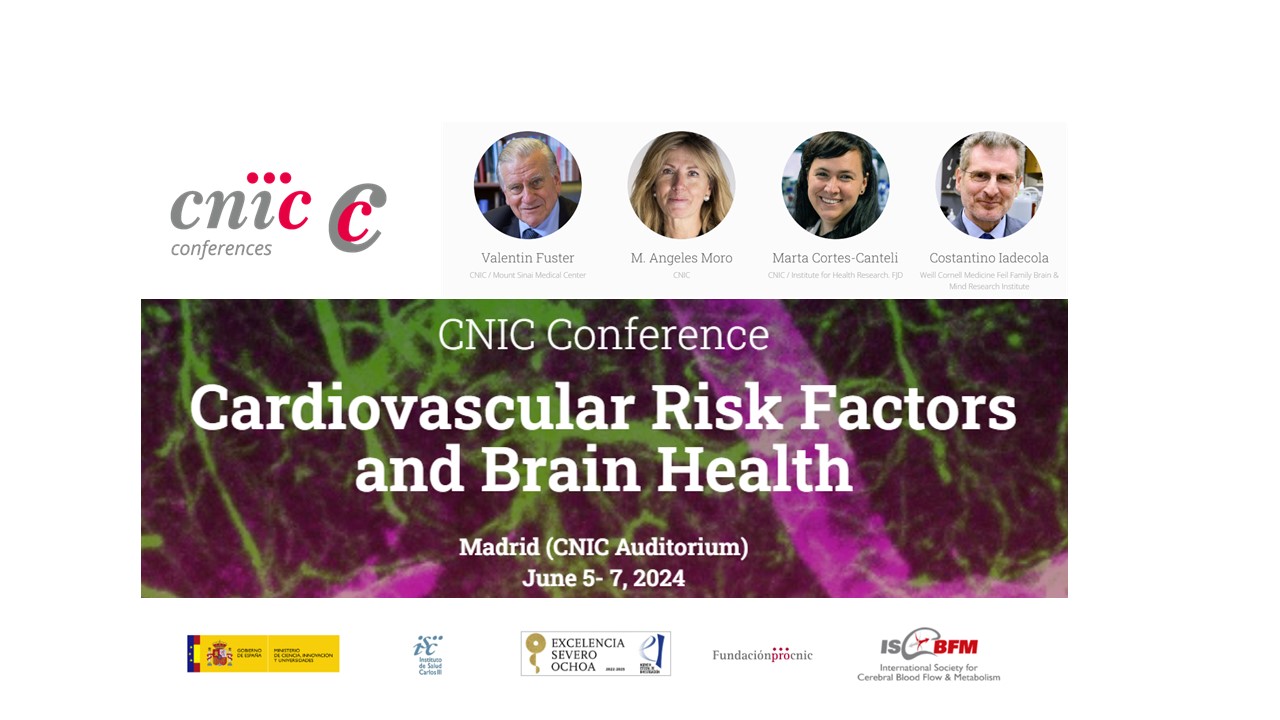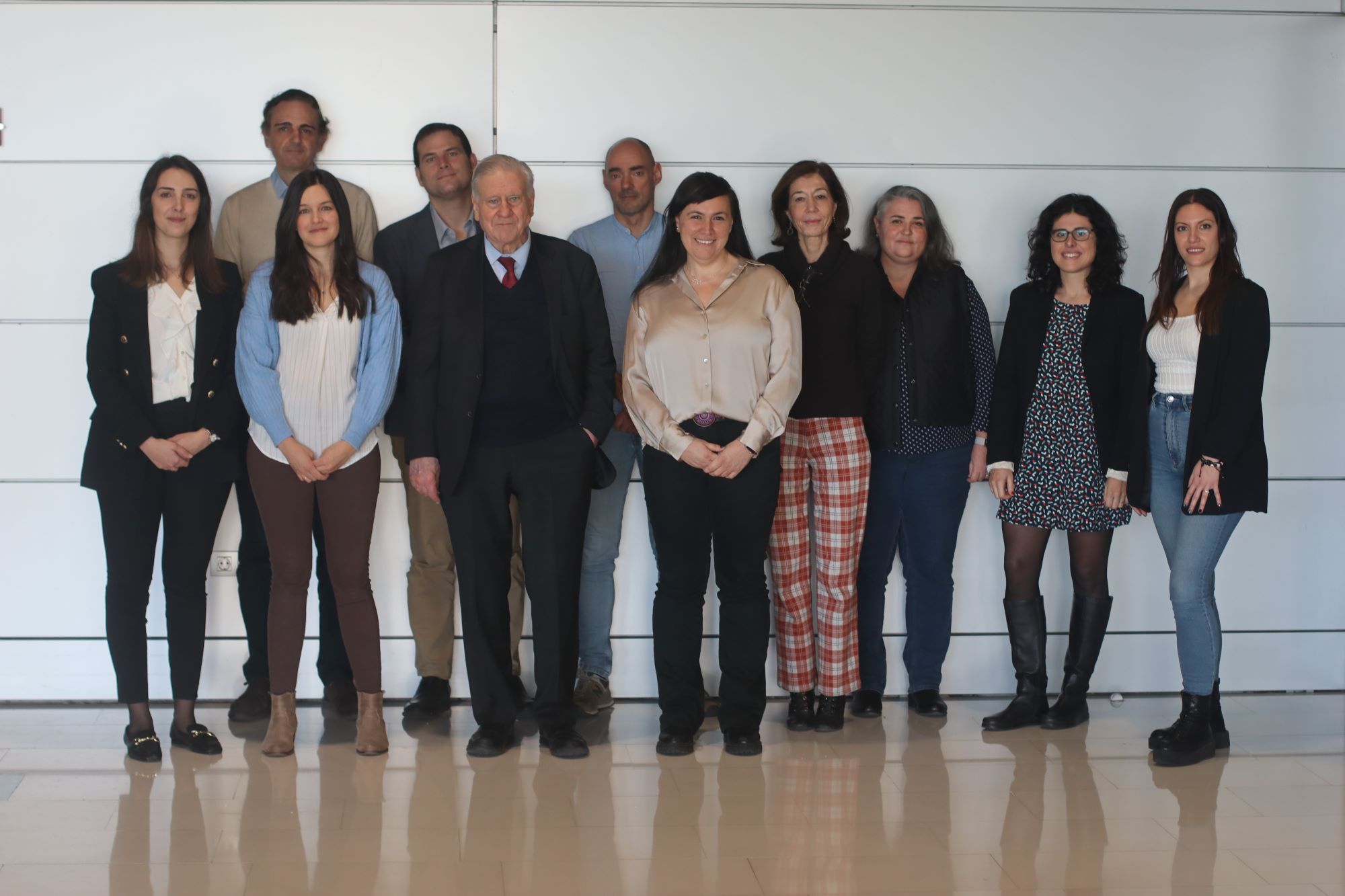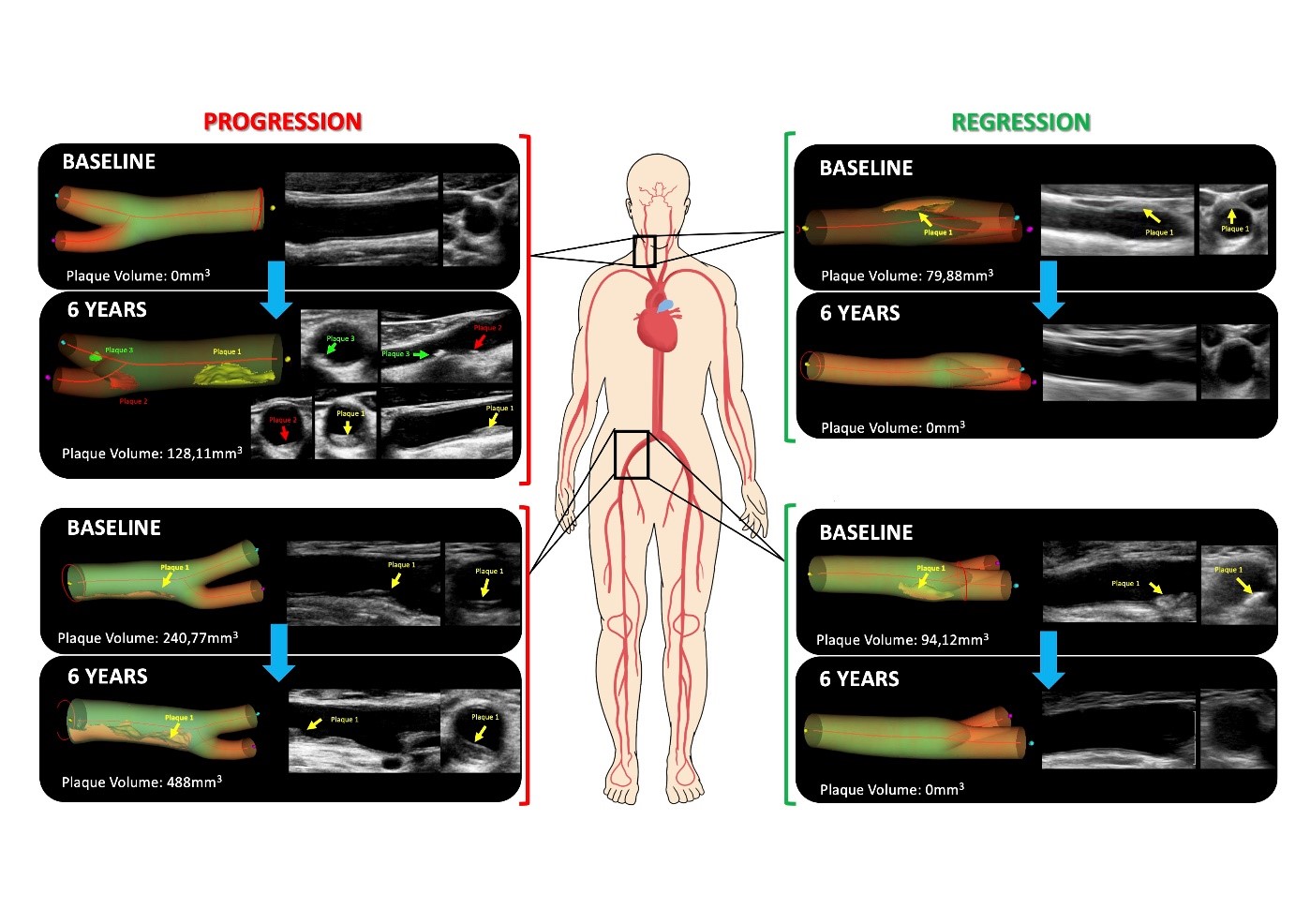News search
|
About the CNIC 6 Feb 2025 The accreditation confirms the reliability of the units’ technical output and facilitates external collaborations, factors crucial to sustaining the CNIC’s leadership in cardiovascular research |
|
Research 20 Jan 2025 An international study led by Spanish research teams has identified how genetic factors can influence the severity of disease caused by SARS-CoV-2 |
|
Research 19 Sep 2024 A study from CNIC reveals how risk factors and subclinical atherosclerosis affect heart microcirculation in asymptomatic middle-aged individuals. The research, published in JACC: Cardiovascular Imaging, highlights the importance of assessing the heart vessels' ability to regulate blood flow and predict future cardiovascular risk |
|
Research 30 Aug 2024 Two studies carried out at the CNIC provide key information about a newly identified cardiovascular risk factor, clonal hematopoiesis, and its treatment with the ancient medication colchicine |
|
Research 4 Aug 2024 Laboratory of Pharmacology and Physiology of the University of Montreal (Canadá) |
|
Research 4 Jun 2024 Stroke Branch Chief at the National Institute of Neurological Disorders and Stroke (NINDS) |
|
Research 19 Apr 2024 The results, published in JACC, suggest that these factors could be used to predict the risk of developing dilated cardiomyopathy and adapt strategies for patient care and disease detection in genetic carriers of the disease |
|
About the CNIC 9 Feb 2024 The National Center for Cardiovascular Research Carlos III (CNIC) is excited to announce the upcoming edition of the CNIC Conferences |
|
Research 23 Jan 2024 The most potent genetic risk factor for Alzheimer disease, APOE4, is associated with an elevated risk of developing subclinical atherosclerosis in middle age, whereas the Alzheimer-protective variant of the same gene, APOE2, protects against subclinical atherosclerosis |
|
Research 20 Nov 2023 Atherosclerosis, previously believed to be an irreversible progressive disease, can be reversed if risk factors are contolled early enough |
- 1 of 4
- next ›
